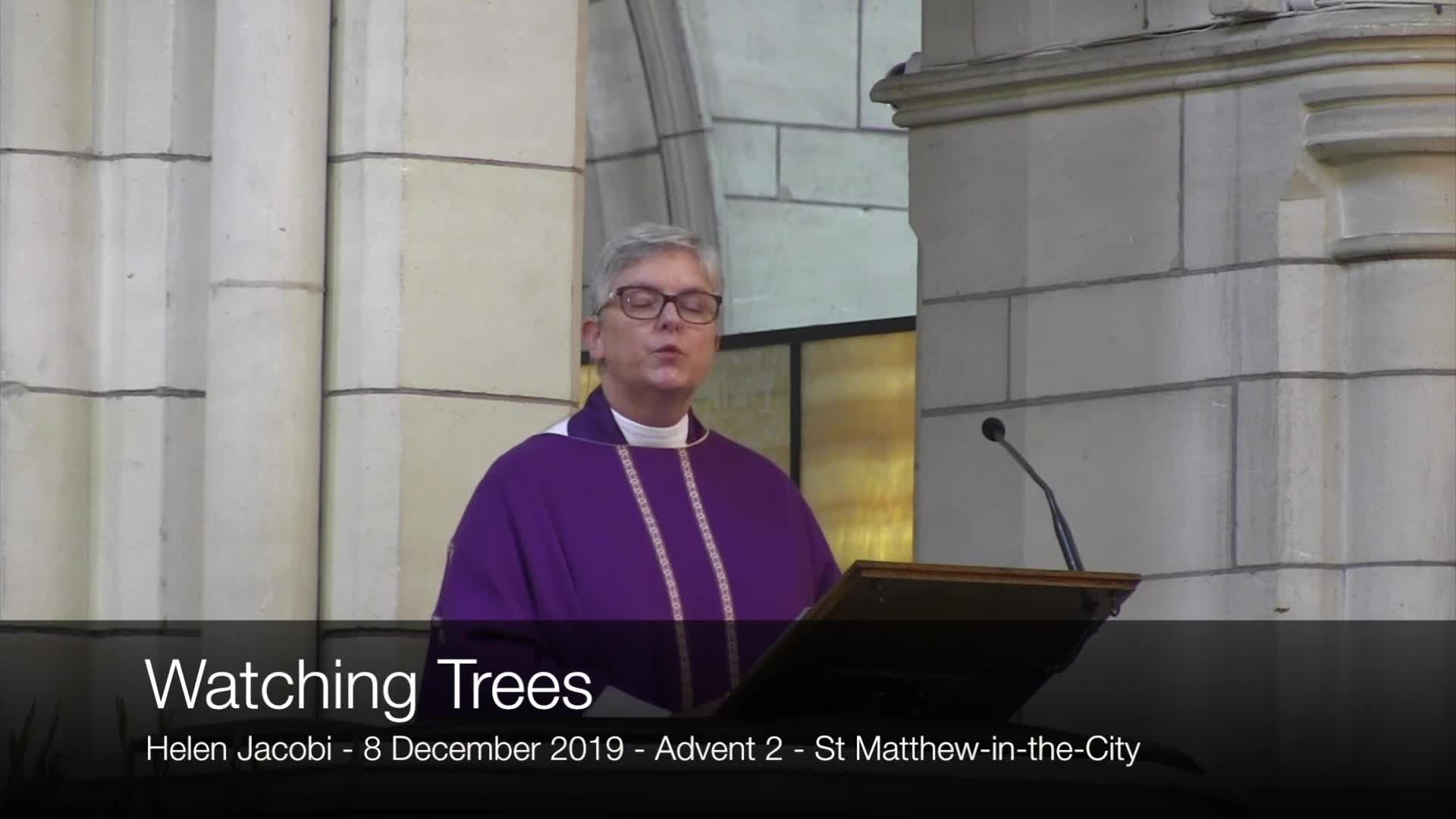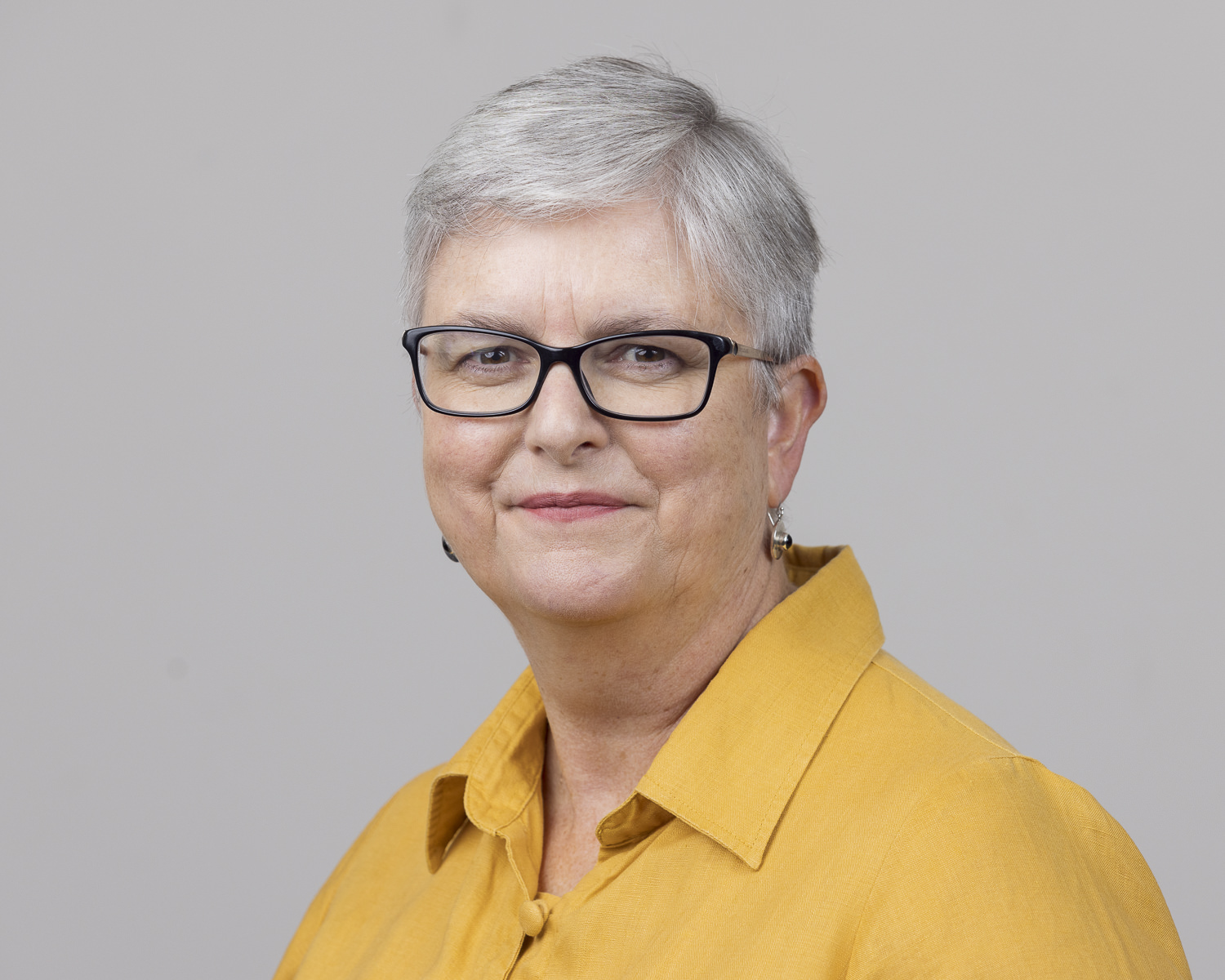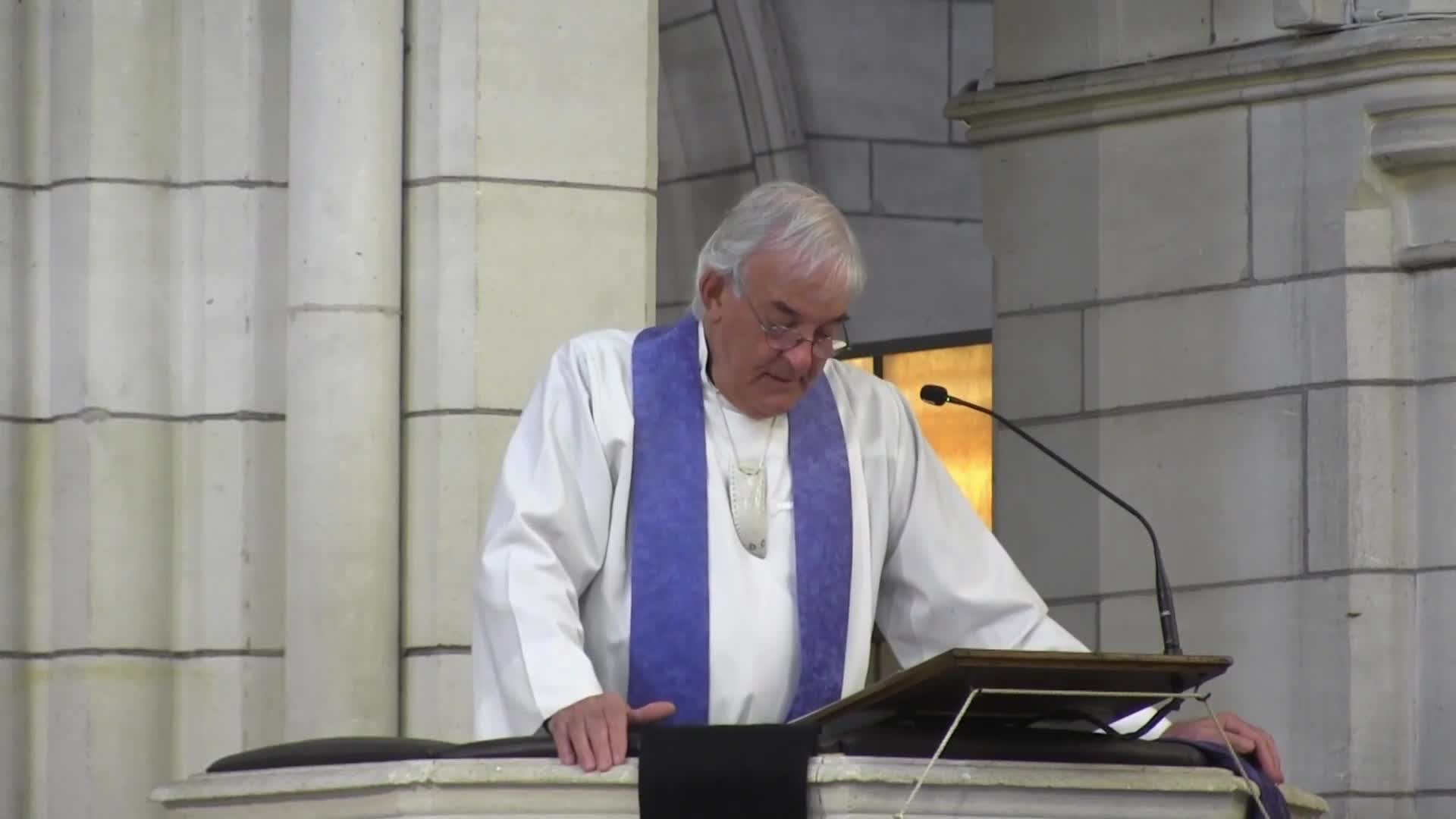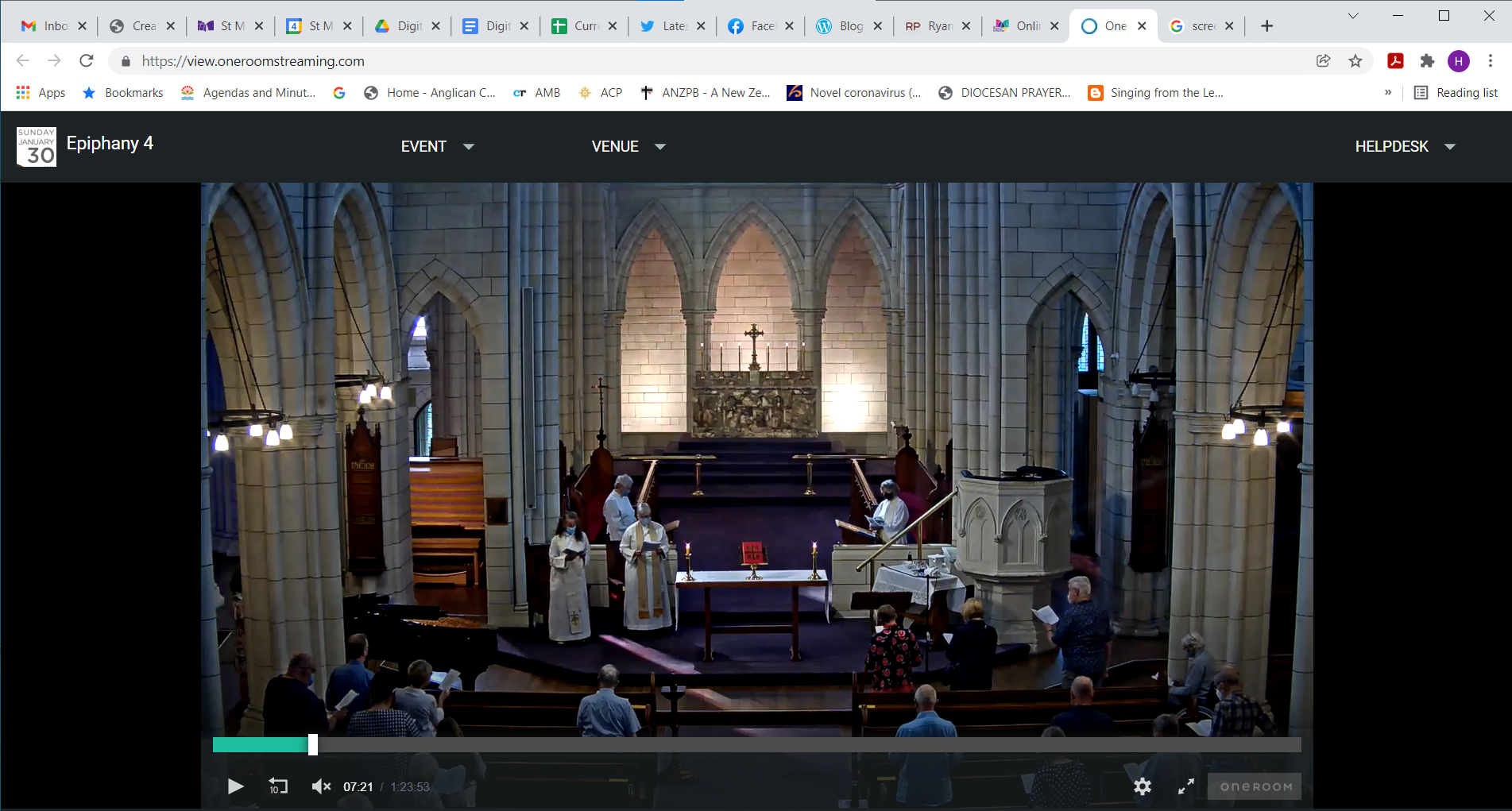
Home
Engagement
Caring for our neighbour
City Missioner Chris Farrelly speaks about faith and action and engaging with our neighbours


What is religious freedom

Watching trees

Media interviews

Matariki

Hybrid worship

Being a people of the land

Te Pouhere Sunday

Matthew's Leadership
